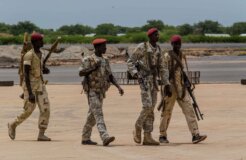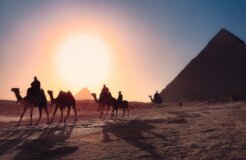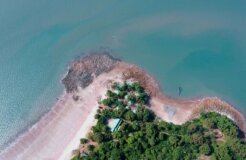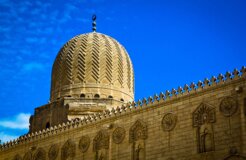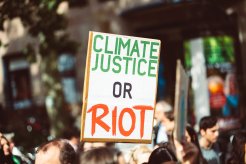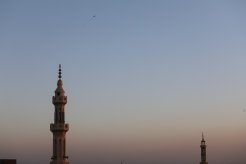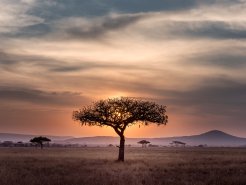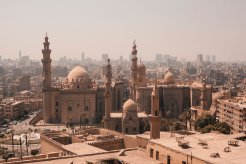Sitting on the edge of the Mediterranean sea and at the Suez Canal which connects Asia to Europe by sea. With an ancient history and civilisation as well as its role in recent politics, Egypt is a powerful and crucial nation in modern Middle-Eastern history. The country is rife with desert, with most of its cities and infrastructure build around the river Nile and its deltas.
Egypt has a population of close to 90 million and is considered the largest Arab nation. In 2011, the Egyptian Revolution which was part of the Arab Spring saw millions of protesters from a range of secular and religious backgrounds demand the overthrow of Egyptian President Hosni Mubarak. This has led to a military coup, followed by the leadership of the Muslim Brotherhood which has ultimately been overthrown by current running President, Abdel Fattah al-Sisi.
Under President Abdel Fattah al-Sisi’s government, Egypt has been experiencing its worst human rights crisis in many decades according to Human Rights Watch. Tens of thousands of peaceful critics have been incarcerated by Egyptian authorities, many have been tortured or extra-judicially killed.
Constitutional amendments passed in 2019 have rigidified authoritarian rule, allowing the military to intervene openly in politics.
According to Reporters Without Borders, the crackdown on freedom of expression under President al-Sisi has reached new levels unparalleled in Egypt’s recent history.
